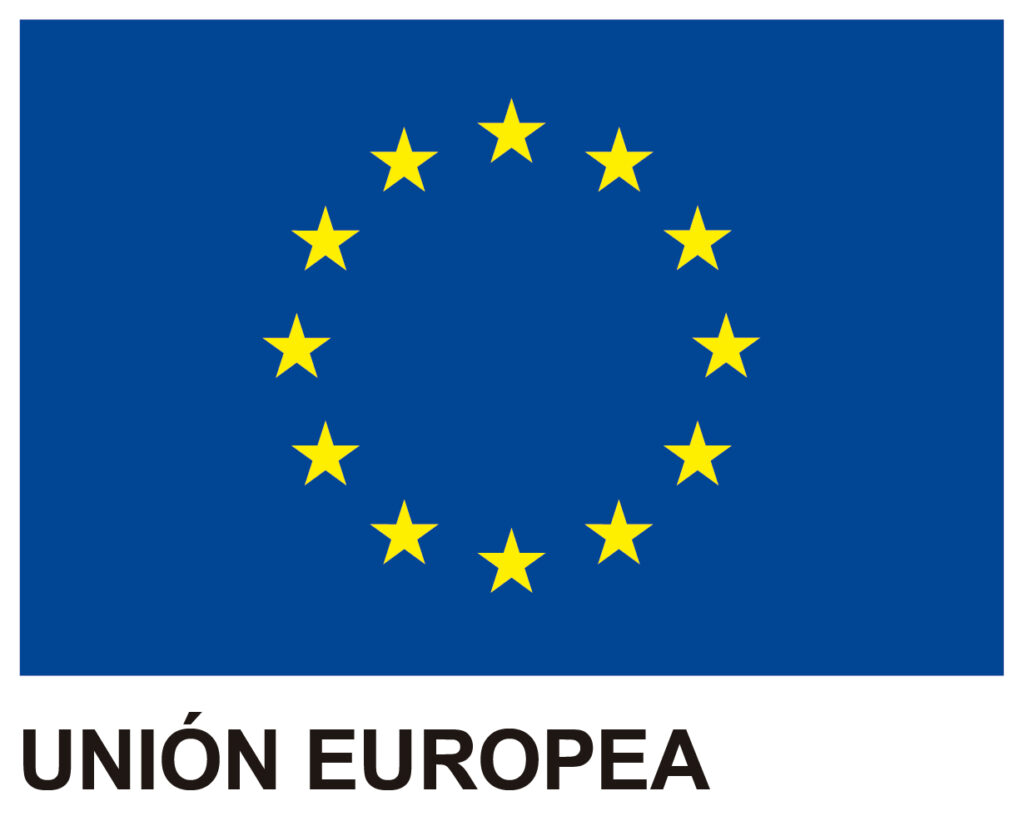Within the framework of implementing a Legal Compliance project, there is a compliance body which is responsible for managing and updating the project and any other matters relating to it. This body may be structured as a collegiate committee formed of various people who are sufficiently independent to duly undertake their functions, or it might be represented by a single person known as the Compliance Officer. Further on we will look at the differences, advantages and disadvantages of using one or the other within the framework of a Regulatory Compliance project on Legal Compliance, but first we’ll look at aspects common to both figures
Elements in common between the Compliance Officer and the Compliance Committee
- To promote and supervise, on an ongoing basis, the implementation and effectiveness of the legal compliance management system in the different areas of the organisation;
- To ensure that ongoing training and support is provided to the members of the organisation to ensure their training is regularly updated;
- To promote the inclusion of Legal Compliance responsibilities in job descriptions and in the performance management processes of the organisation’s members;
- To set up a Legal Compliance reporting channel;
- To adopt and implement processes to manage information, such as claims and/or comments received from direct lines, a reporting channel and other mechanisms;
- To establish Legal Compliance performance indicators and to measure performance within the organisation;
- To analyse performance to identify corrective action needs;
- To identify and manage legal risks including those related to business partners;
- To ensure that employees have access to Compliance resources;
- To inform the governing body of the results arising from applying the Legal Compliance management system
One of the key responsibilities of the Compliance Officer is to set up a reporting channel
Characteristics of the Compliance Officer and the Compliance Committee
Now that we’ve established the above, we should point out that both the members of the Compliance Committee and the Compliance Officer need to meet the following requirements in order to be appointed as a compliance body:
- It must be demonstrated that the designated person has no conflicts of interest and that they fulfil the following:
- Integrity and commitment as Compliance Officer;
- Communication skills and capacity to influence;
- The requisite Legal Compliance skills at a legal level.
- They become the highest guarantor of oversight, surveillance and control of Legal Compliance obligations within the organisation, both internally and externally, so they need to have sufficient resources, status, authority and independence.
- They will have direct and immediate access to the governing body if they need to raise issues about suspicious actions or behaviour or matters related to the Legal Compliance objectives
- The Compliance Officer should occupy a position in the organisation that will enable them to request and receive the full collaboration of all other bodies within the organisation.
The main advantage of opting for the Compliance Officer is the cost savings this entails, as it is a single-person position. However, the disadvantages of this choice can be summed up as follows:
- All responsibilities falling to one person (excessive burden of responsibility)
- Excessive workload.
- Single-person responsibility for the control and supervision of other areas of the company.
- Possible conflict of interests with their functions in a parallel post within the company.
- Responsibility is spread.
- Decisions agreed upon by various people (it is often recommended that the committee is formed of an odd number of people).
- Involvement of different company representatives with different profiles.
- Different perspectives for addressing potential non-compliance with the Legal Compliance system.
And the main disadvantage is the need to involve a number of company resources with everything this entails at an operational and cost level.
At GlobalSuite Solutions we offer the help and advice needed to implement a Legal Compliance system. In addition, we have the GlobalSuite® software, fully developed by our team, that enables the implementation, management and maintenance of all the requirements established by the regulations for management systems in all types of organisations and sectors. Having software that helps to automate the management of the system offers multiple benefits to your company and the Compliance Officer when working on implementing the system within your organisation





